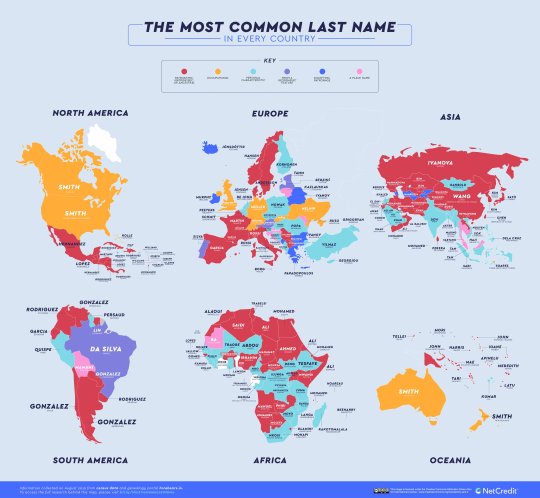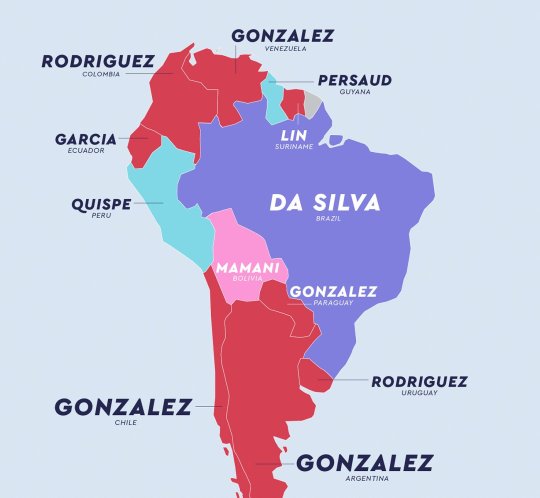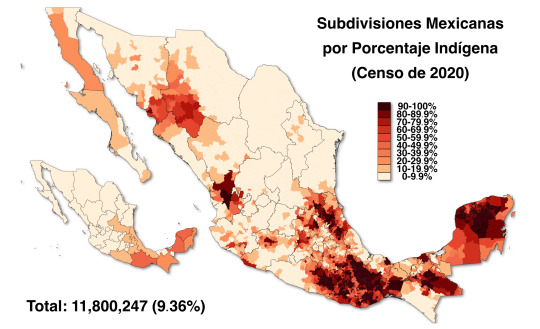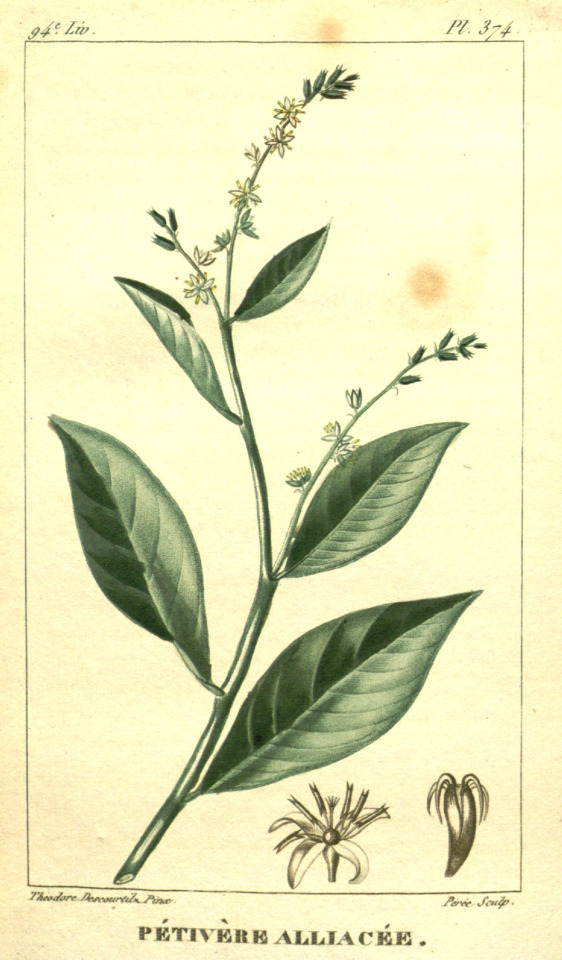Don't wanna be here? Send us removal request.
Text
"No moustache & no tie"
[Trigger warning: the interpreter is called a translator :)]
[Source: Awkward Puppets]
0 notes
Text



Para quem gosta de mapas, línguas e história. Sabia que os sobrenomes mais comuns no Peru (𝐐𝐮𝐢𝐬𝐩𝐞) e na Bolívia (𝐌𝐚𝐦𝐚𝐧𝐢) são de origem indígena (Quechua/Aymara)? E que 𝐏𝐞𝐫𝐞𝐫𝐚 (<Pereira), introduzido pelos portugueses na era colonial, é o mais comum no Sri Lanka?
1 note
·
View note
Text

Found this on Instagram. Checked for accuracy:
Columela ("pequeña columna"), filtrum (RAE filtro), rascetas, acnestis ("ακνηςις, from α neg. and κναω to scratch"; not in the RAE dictionary), fosa poplítea, lúnula ("Del lat. lunŭla, dim. de luna 'Luna'"), sangradura, glabela
0 notes
Text
"He's not the same Manny Delgado!"
I'm using this video to illustrate the importance of registering Spanish-speaking patients with completeness.
[source]
0 notes
Text
Yesterday I heard the Spanish word alquilino (insted of inquilino) for the first time, from a Mexican lady (from Chiapas)--a portmanteau form based on folk etymology, resulting in a lovely marriage of Arabic (alquiler) and Latin (inquilino) words. Purists, of course, won't be amused:
"[...] entre gentes de escasa cultura, puede oírse alguna vez una deformación bastante horrorosa del vocablo que es "alquilino", por contaminación con "alquiler", dado que el inquilino vive arrendado y suele pagar un alquiler." [link]
0 notes
Text

Reflecting that the experience taught him more about what it is to be alive than he had ever thought possible, Immigration and Customs Enforcement agent Anthony Sanford told reporters Wednesday that torturing detained migrants had left him moved by the resiliency of the human spirit. “No matter how bad things get for these refugees, no matter how much we deprive them of water and food, they still find a way to keep going,” said the teary-eyed ICE agent, adding that he’d seen migrants detained for months on end still rise to the occasion to help newcomers adjust to their incarceration.
Full Story
381 notes
·
View notes
Photo

The Latin-Germanic Origins of Body Part Names
29 notes
·
View notes
Text
Placenta & bebé. The cutest video you'll see today.
[Source]
4 notes
·
View notes
Text
El burro delante (para que no se espante)
Today, talking about the use of pronouns in Spanish and the preference to say José y yo (instead of Yo y José), as a matter of politeness, modesty, or courtesy, my Chicano coworker taught me a new refrán: el burro delante (para que no se espante). I love the didactic value of dichos and rhymes!
0 notes
Video
youtube
Darién, el infierno de los migrantes | Documentales 24
0 notes
Text
La pronunciación esdrújula de diabetes
I recently worked with a young man from Honduras who pronounced the Spanish word for 'diabetes' with the stress on the antipenultimate syllable--that is, as an esdrújula word, diábetes, instead of the common, llana, pronunciation, diabetes. That was not the only example I've come across, as I had heard it in two different ocasions in the past, from speakers from Colombia and the Dominican Republic.
That is obviously a very rare pronunciation, as evidenced by the fact that I've only encountered a handful of examples among the thousands of interactions I've had as Spanish interpreter during the past decade or so. Since the speakers belonged to different nationalities and age groups, it's hard to pinpoint a dialectal or sociolinguistic motivation. The esdrújula form is mentioned by the Diccionario de la Real Academia: "Es voz llana: [diabétes], aunque en algunos países de América se oiga a menudo como esdrújula: ⊗[diábetes]."
Although there are several well documented cases of words with variable pronunciations, both of them accepted as correct--like cardíaco vs. cardiaco, or vídeo vs. video--, diábetes seems to be discouraged by the Academia. Its rare use may be due to individual idiosyncrasies and hypercorrection, but I would love to learn of additional examples.
0 notes
Photo

Indigenous population of Mexico by municipality in 2020
89 notes
·
View notes
Text
On the feminine of médico in Spanish
I often hear female medical interpreters introducing themselves as intérprete médico. When I ask why, the answer is often a matter of argumento de autoridad: someone, purportedly a Very Educated Person™, said so. I think that is in fact a case of hypercorrection, based on a misunderstanding of a prescriptive rule that says that médico is an invariable noun when it comes to gender. That "rule" is in itself highly questionable, being, as it is, a leftover from a long-gone societal reality: since medicine was traditionally a male-dominated profession, female doctors were rare to non-existent, and that historical imbalance became engraved in linguistic convention.
If you look at online discussions on this topic, there's plenty of controversy, but it all seems to boil down to ideological persuasions: those who think language should not change to accompany social progress are particularly eager to dismiss the use of médica as "politically correct nonsense." A major irony seems to be lost to them — if they're so fond of prescriptive authority, maybe they should listen to the fairly conservative Real Academia Española, which is categorical in recommending that "the masculine shall not be employed to refer to a woman":
médico -ca 1. 'Persona que ejerce la medicina'. El femenino es médica: «La médica quiere tratarle la cistitis con nitrato de plata» (Futoransky Pe [Arg. 1986]). No debe emplearse el masculino para referirse a una mujer: ⊗la médico.
But let us return to the case of female medical interpreters referring to themselves as intérprete médico. As I mentioned above, I believe this use stems from a misinterpretation of the normative rule, which concerns the use of médico as a noun. Independent of one's opinion on the appropriateness of saying la médica or una médica, that should have no bearing on the use of médico as a modifier. As a mere adjective, médico should agree with the gender of the noun it modifies. If a medical opinion is una opinión médica, a medical education is una educación médica, and a medical institution is una institución médica, a female medical interpreter is, quite simply, una intérprete médica. After all, un intérprete médico es um tipo de intérprete, no un tipo de médico.
1 note
·
View note
Text
Epacina
The other day a patient from Honduras mentioned, as a home remedy for sinus infections, an herb called ipacina (used as you would use vicks, putting it on boiling water and inhaling the fumes; its powder can also be inhaled, as a snuff). After a quick search, I realized that the plant (more widely known as epacina, Petiveria alliacea) was something I was already familiar with, called guiné in my family's dialect of Portuguese, which is also used in Brazil both as a home remedy and as a protective plant (especially popular in Afro-Latino religions). Despite what the name guiné may suggest, the plant originated in the Americas (the name in Náhuatl, epaxinitl 'hierba de zorrillo', because of the plant's pungent smell, is a nice match for its name in the Brazilian Amazon, mucura-caá 'opossum herb'). This pamphlet offers some fascinating information on the uses of the plant (including info on medical research on its therapeutic properties).

5 notes
·
View notes

